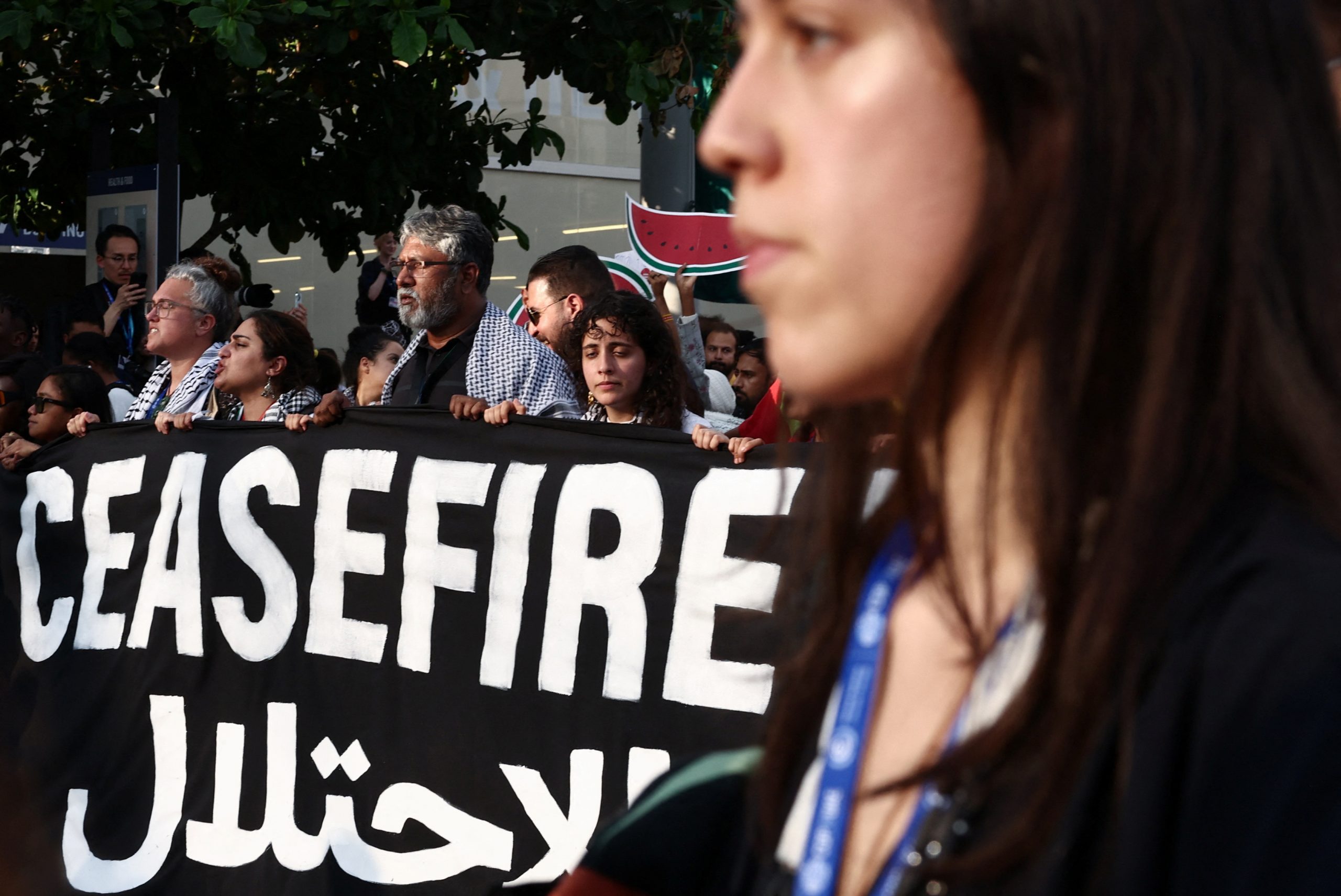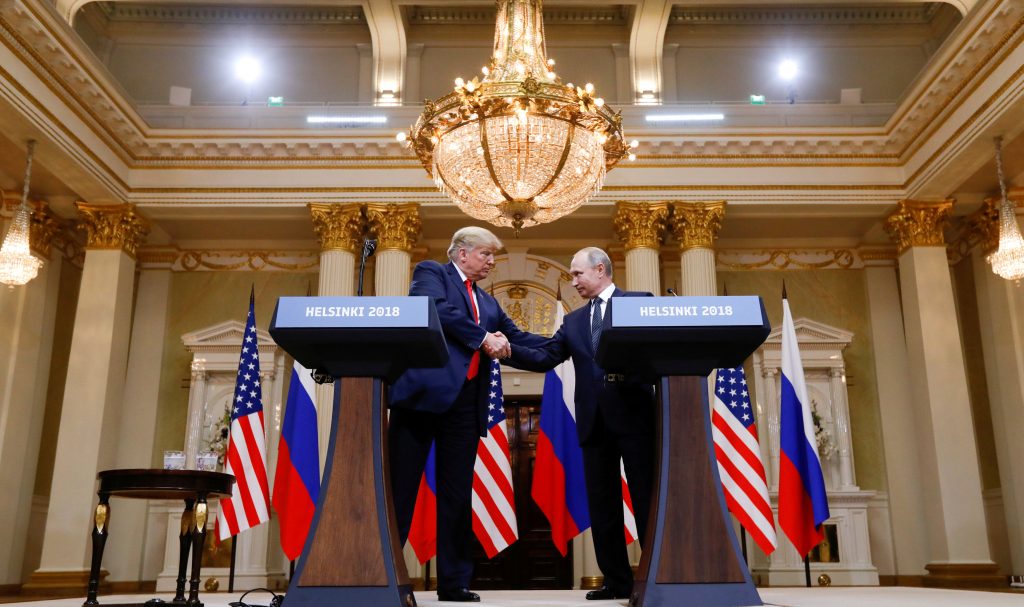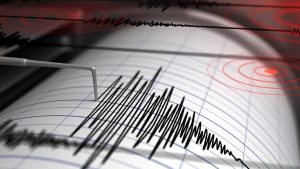10 December marks the annual commemoration of the adoption by the UN General Assembly of the Universal Declaration of Human Rights in 1948. Together with the UN Charter, the Declaration forms the de facto foundation of today’s global governance system. This very system that has been shaking for a while and is now crumbling after the latest blow: the US used its veto prerogative at the UN Security Council on 8 December 2023 to stop the adoption of a draft resolution calling for an urgent humanitarian ceasefire in Gaza–a draft that received 13 votes in favor and one abstention in the 15-member Council. With all its talk about human rights and its public calls on Israel to respect civilian lives and allow for humanitarian provisions to reach Gaza, the US could not find the courage/wisdom/magnanimity/humanity/moral strength/other (your choice of one or more of the previous terms) to vote for, or at least abstain like the UK did, a simple call on all concerned, Israel and Hamas alike, to stop the fighting for the sake of 2.2 million civilians directly and direly impacted.
The proposed resolution was “divorced from reality,” the US representative on the Security Council remarked in an attempt to explain the US veto. The US Government’s reality may place centre-stage the strategic importance of Israel to its own interests, the influence of the pro-Israel lobby in Congress, and the impact of any decision on the re-election of President Biden in November 2024. The US Government’s reality clearly does not assign much import at all to the suffering of Gaza’s population, the collective punishment that they have to endure at the hands of the Israel “Defense” Forces, the loss of thousands of lives and of dignity for millions, the systematic destruction of infrastructure, the hospitals and UN premises attacked, even the potentially grave repercussions for the region and the world. Can this be justified in the pursuit of Hamas, which did indeed commit horrible crimes in Israel on 7 October and should be brought to justice for that? Is this the way to eliminate Hamas or will it actually swell its ranks with desperate people who no longer have anything to lose?
In addition to the blow dealt to the people of Gaza, the US veto had a significant institutional casualty, too. The draft resolution had been put forward in response to Secretary-General António Guterres’ invocation of Article 99 of the UN Charter–a rarely employed mechanism which allows the Secretary-General to bring to the attention of the most powerful organ and states of the UN a matter which, in their view, poses a threat to international peace and security. The generally cautious Mr. Guterres resolved that he had to use this powerful tool, but was rebuffed by none other than the main drafter of the UN Charter: the US, led by the successors of Roosevelt and Truman. So it’s no surprise, then, that the UN’s humanitarian agencies, Gaza’s lifeline, are now giving despairing notice that they have to abandon their life-saving activities because they are unable to operate in an active war environment without provisions.
What happened at the Security Council with the US veto is neither unique nor new. We had a similar veto last year, on that occasion by Russia against a draft Security Council resolution condemning its invasion of Ukraine and asking it to withdraw its troops. But where is the US now that castigated Russia at that time, having conveniently forgotten its own illegal invasion of Iraq in 2003? What an wonderful world our major powers, guardians of the UN Charter and the global governance system and defenders of the Universal Declaration of Human Rights, are creating for us to live and die in. Let us all celebrate Human Rights Day, 10 December 2023, with the festivities led by pairs of nations locked in mutual destruction and their not-to-be-named chaperons: the good people of Gaza and Israel, Ukraine and Russia, for example, the warring sides in Yemen, Sudan, Libya, Mali and elsewhere.
To avoid ending in irony, agony or apathy, I would like to call on medium and small countries of the North and South, East and West, my own countries of Greece and Belgium included, to take a deep breath, gather the necessary courage and get out there to lead the global governance system collectively. No, small is not perfect, but it can be less arrogant and therefore more humane, less militarily powerful but more morally respected. It can also be institutionally strong through the voting majority a cross-region coalition of medium and small countries can have in the UN General Assembly, where the institutional action should now move to.
*Dr. Georgios Kostakos is Executive Director of the Foundation for Global Governance and Sustainability (FOGGS) and a former member of the United Nations Secretariat



